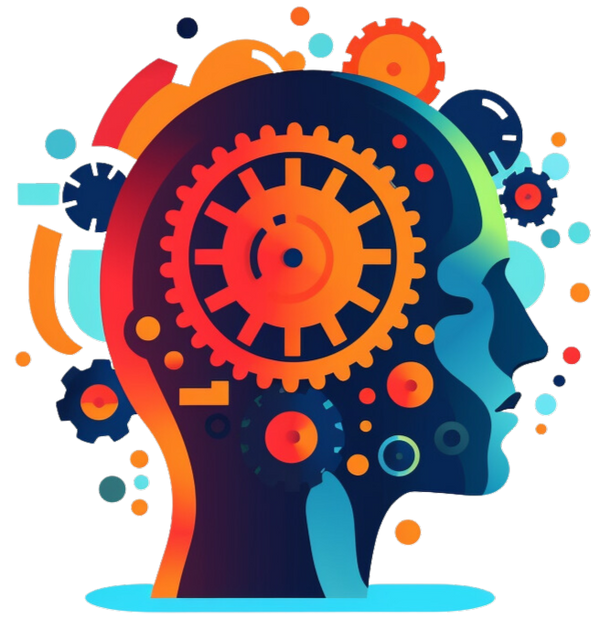
Medication for ADHD: A Look Around
Share
The prerequisite for ADHD treatment with medications like Ritalin is always a definitive ADHD diagnosis. It is important that the diagnosis is made by a mental health professional according to the established criteria for ADHD .

ADHD therapy with prescription medication
Once the diagnosis is confirmed, a consultation is held with a specialist in pediatric medicine or psychiatry, or with a psychotherapist for children and adolescents. Parents and children share their experiences with ADHD. They discuss problems in the family and school, as well as in everyday life. It may also be helpful to include a parent or teacher in the discussion.
If a child or adolescent is severely hyperactive or impulsive, has difficulty concentrating, exhibits disturbed social behavior, or has other mental health problems such as depression or anxiety , medication may be helpful.
However, ADHD medication should always be part of a comprehensive treatment plan. This treatment may also include educational, social, and psychotherapeutic measures. While medication can alleviate the symptoms of ADHD , it cannot necessarily solve other problems associated with ADHD. Furthermore, medication only works as long as it is taken—and it does not help all children without exception.
The choice of medication and the amount taken depend on the severity of the ADHD (mild, moderate, or severe). Methylphenidate (known as Ritalin) is the most widely used ADHD medication and is almost always used first. There are fast-acting and delayed-release versions.
Other medications such as Elvanse (lisdexamphetamine) are often only used when methylphenidate does not provide improvement or cannot be used.

Possible side effects of ADHD medications
ADHD medications can cause side effects such as sleep disturbances, loss of appetite, and weight loss. Studies have shown that approximately one in twelve children taking methylphenidate experienced these side effects. However, it is often advisable to wait and see and not jump to the conclusion that the medication is not tolerated .
There is disagreement about whether methylphenidate sometimes causes tic disorders, since these are more common in ADHD anyway.
Occasionally, ADHD symptoms become more severe when ADHD medication is discontinued or when its effectiveness wears off. However, the medications are generally not addictive. Especially in adults, they often even help prevent "self-medication." This is what we call self-medication when people with undiagnosed ADHD try to treat themselves with drugs like alcohol, nicotine, or even illegal stimulants (speed, cocaine) because these substances significantly calm them down and help them achieve greater "clarity of mind."

What should you do if side effects occur?
If side effects occur, the medication does not need to be discontinued immediately. There are several ways to deal with them:
Loss of appetite: The medication can be taken with or after a meal. Weight loss should no longer be an issue once appetite is no longer suppressed by the stimulants.
Sleep disturbances: If sleep disturbances occur, you can reduce the dose in the evening or omit it altogether. Long-acting medications can be taken early enough so that their effects wear off before bedtime.
Tic disorder: Adjusting the dosage or stopping the medication can determine whether the medication is the cause of the tic disorder. Regular checkups help prevent serious side effects.
However, parents should always talk to the prescribing doctor if side effects occur.

Important for understanding ADHD: Parent training
Parent training sessions are often the first time mothers and fathers learn about ADHD—including how ADHD medications affect brain metabolism . These sessions also focus on learning which behaviors can be influenced in ADHD, which the child can change independently, and which they cannot. This knowledge helps you as parents in raising your child and dealing with daily challenges.
They also learn about the effects of ADHD on the body—for example, that some children with ADHD are much more sensitive to sleep deprivation than others. Another important point is how to structure daily life so that it's easier for children to stick to established routines. Advice is given on how to deal with boundary violations—and how to motivate children to behave in age-appropriate ways through praise and other rewards.
One example is a points system where a child can earn certain rights by respecting rules, such as the time spent playing computer games . Parent training sessions vary in frequency and duration. They typically consist of several sessions lasting one to two hours, in a small group.
Parent training sessions also allow parents to communicate with each other. Parent training sessions are offered, for example, by social pediatric centers (SPZ), clinics specializing in psychology and psychotherapy, special education, or psychotherapy practices. The ADHD organization elpos Switzerland also offers such training sessions .

